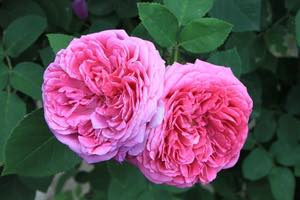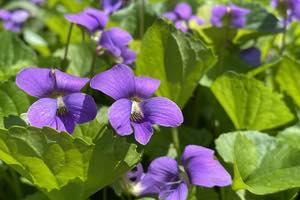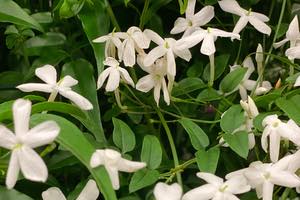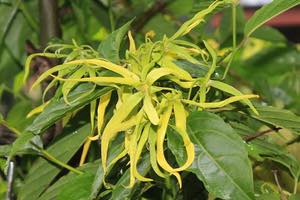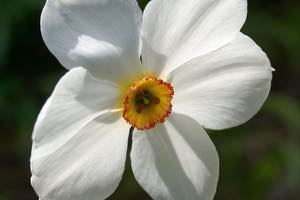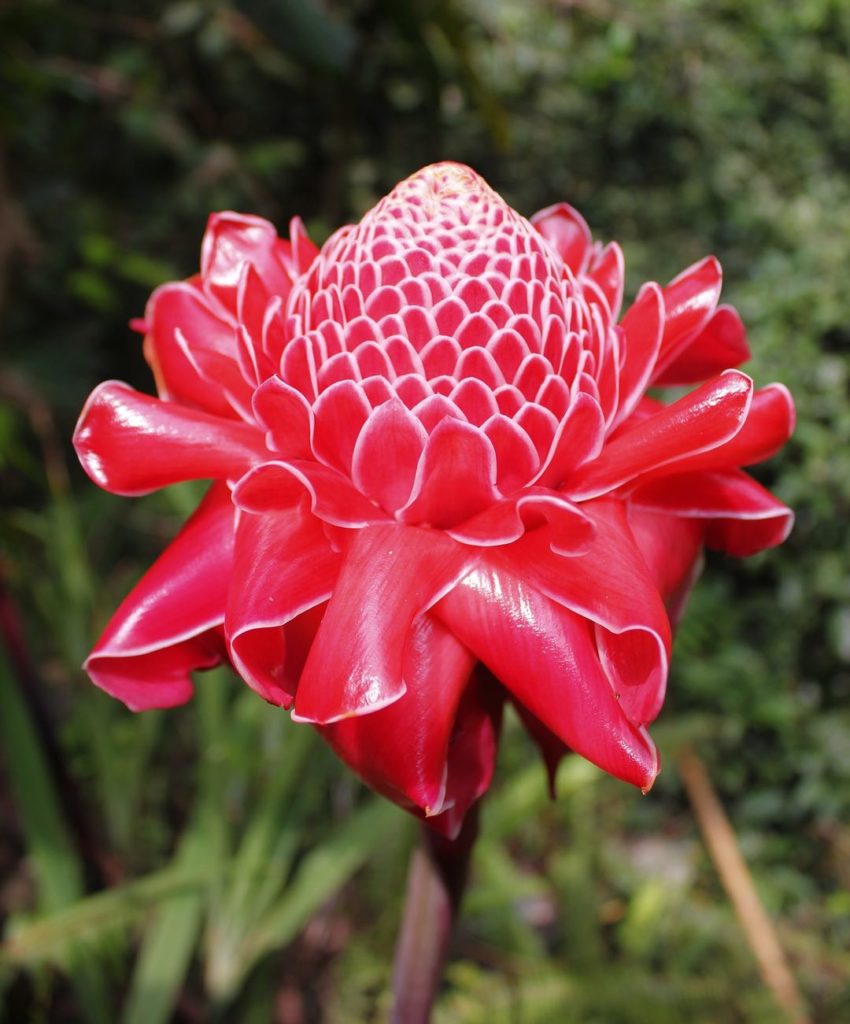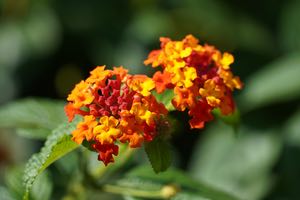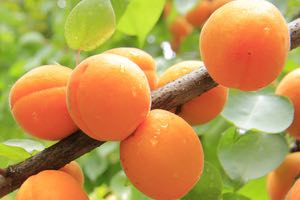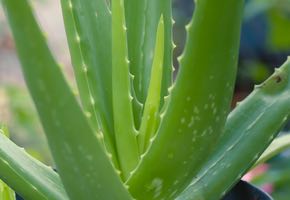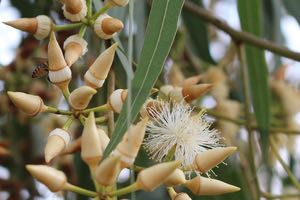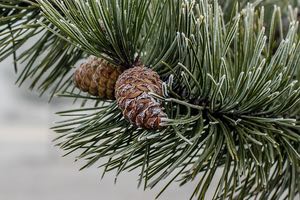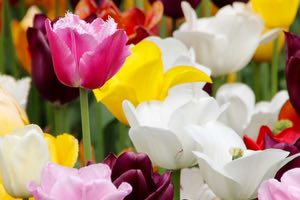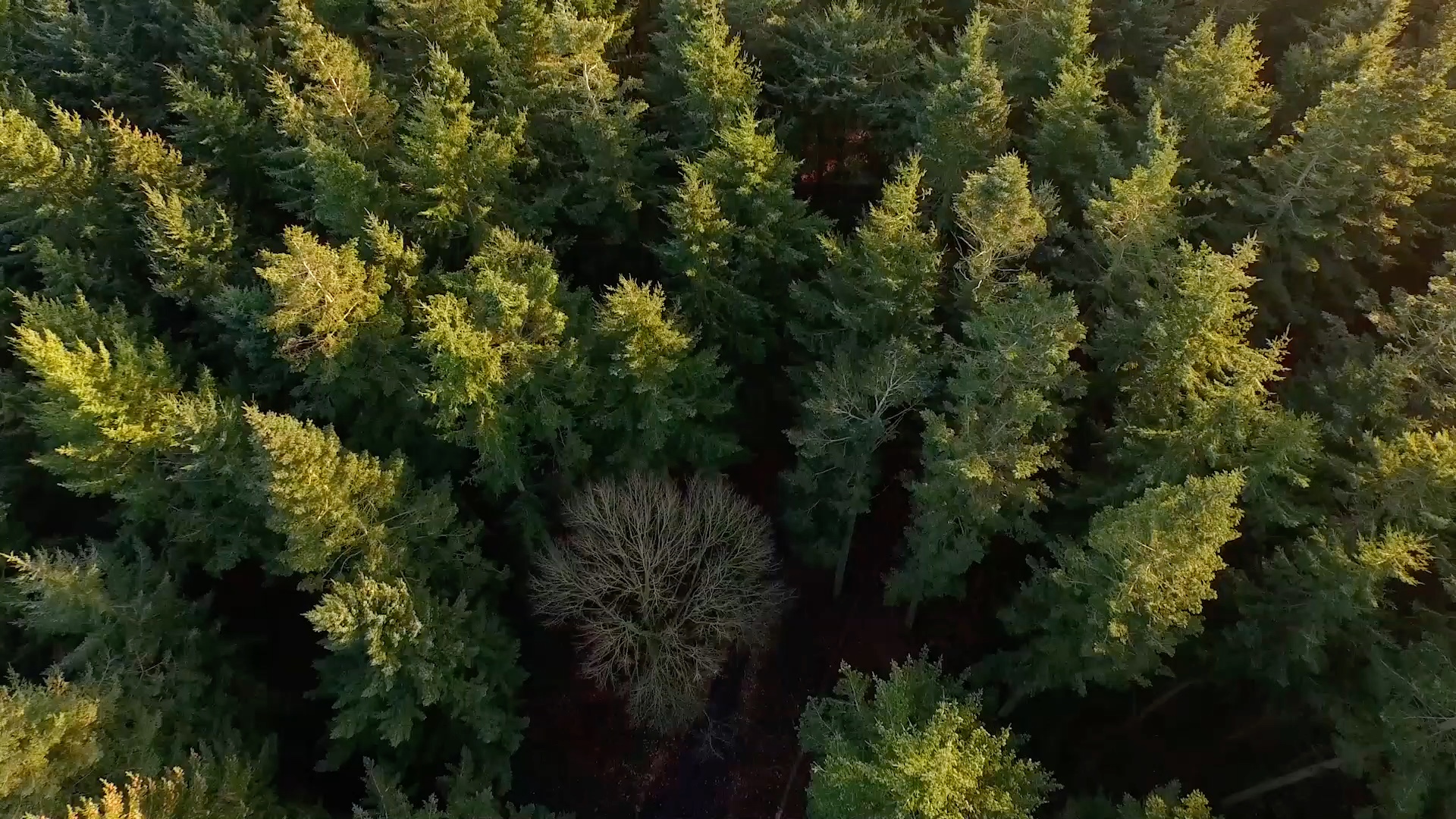
Explore the social sculpture World Sensorium and iconic plants of world heritage from which the artwork is made. Discover country by country, why plant conservation is profoundly critical, then spread the word.
Act on issues critical to plant biodiversity loss. Join a growing collective combating the effects of climate change.
Aromatic plants make the world feel vibrant and alive. They stimulate mood, emotions and memory. Aromatic plants also have an urgent warning for us. Their fragility is our fragility. Help create a safety net for the flowers and smells you love.
The world scent World Sensorium fosters cultural understanding and world peace. The World Sensorium Conservancy is a call to action to save global biodiversity.
Ongoing Event: Plant your scent memory video at #myplantscentmemory
Plants not only shaped the Earth’s history, their chemical signatures shaped human culture.
Around the world plants that have risen to iconic cultural status, have done so because of the bioactive compounds of their characteristic scents make them invaluable to their respective human communities. The olfactory sculpture, World Sensorium, is comprised of extracts from these very plants. It is, in essence, our bio-cultural heritage. The essential oils within the sculpture were blended in a formula based on population percentages of each country, reflecting the ethos of the project— that everyone counts.
In the World Sensorium project, we use the term iconic plants to refer to aromatic plants that have risen to high cultural status with each and every country or culture. Iconic plants are instantly recognizable not just by their visual appearance, but by their scent alone. It is in this way that that many iconic plants build brand identity within their countries, galvanizing cultural identity through distinctive traditions and uses, and becoming symbols of home for their citizens.
Many of these iconic plants, with their broad range of bioactivities and long history of utility to humans, are now endangered species and could disappear from the Earth if critical actions are not taken. Their fates and ours are inexorably linked.
However, we can create a world where nature and humanity thrive together.
Here you can explore the world social sculpture, World Sensorium, and tour the world’s iconic aromatic plants by country. Investigate the existential uncertainties of our era, become an effective conservationist and —join the community by taking personal action.
Our fate, and the fate of plants, are intertwined.
Change their fate and we change ours.
Start Exploring:
Explore Countries:
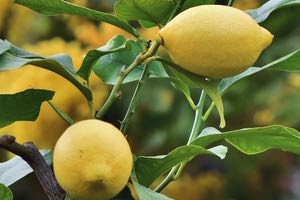 Argentina
Argentina


